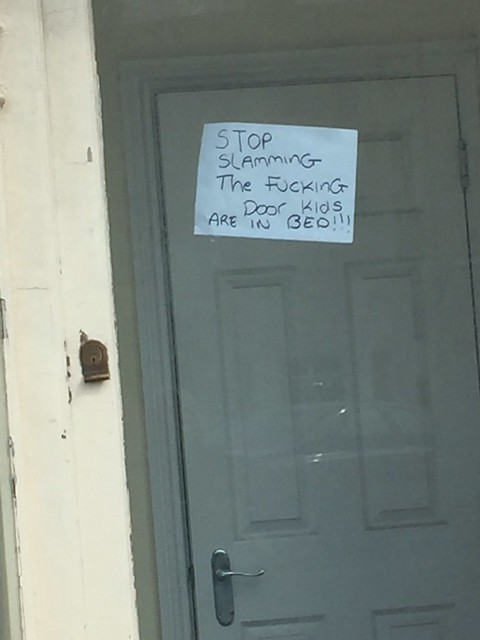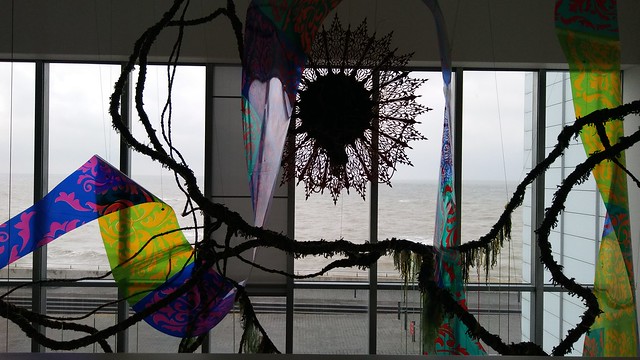I visited the seaside town of Margate for the second time in a week, on this occasion with my sister. From time to time she goes there for work and knows it well.
She told me that central Margate contains areas in which the residents are in the top five per cent of socially deprived populations in the UK. I read that a study by the End Child Poverty charity revealed that 47.5 per cent of under 18s are living in struggling households. Many have a history of abuse and there is a very high rate of offending and reoffending.
Margate is also a beautifully laid out Victorian town with a magnificent beachfront. It is ripe for gentrification, and that is in fact happening quite rapidly. The deprived areas are in the centre, and the houses occupied by the privileged stand side by side with those of the deprived. They are easily identified as the freshly painted ones with plantation shutters and neat front gardens.
My sister said she sees further signs of gentrification every time she visits. Gay couples arrive in a street and set a standard and they are soon followed by the straights. The change has been accelerated by the prominence of the Turner Contemporary art gallery, which was established there in 2011. Indeed that was what attracted me to Margate.
As we walked along one of the streets close to the gallery, we spotted a hand written sign at the front of one house. It was requesting fellow residents not to disturb the children by slamming the door. The sign attracted my sister's attention because earlier in the day she'd been listening to her daughter telling of her struggle with being woken regularly by a 5:00 am door slammer.
My sister photographed the sign, and the resident who'd scribbled it immediately appeared on the door step. She was a struggling single mother whom my sister had anticipated would swear at her for the invasion of privacy.
Instead we heard the resident's story of how the challenge of raising young children in such circumstances was exacerbated by the door slammers' insensitivity. My sister told of her daughter's struggle with the door slammer at 5:00 am. It was an unexpected and moving expression of mutual empathy between privileged and underprivileged.
Later in the day I was listening to a podcast of a recent long read article in The Guardian titled 'Confessions of a reluctant gentrifier'. It was written by a US academic who was suggesting that we build walls of attitude between differently privileged groups of people living in the same neighbourhood.
This fosters unnecessary caution and irrational fear. She says we're more likely to be hurt by the cars we drive than the people we live among. Further she argues that this fear induces self-loathing.
'We are afraid, my husband suggests, because we have guilty consciences. We secretly suspect that we might have more than we deserve. We know that white people have reaped some ill-gotten gains in this country. And so privately, quietly, as a result of our own complicated guilt, we believe that we deserve to be hated, to be hurt, and to be killed.'
If my sister's experience is any guide, there are grounds for hope that unexpected encounters with the 'other side' might short circuit our guilt and break down the walls of attitude.


